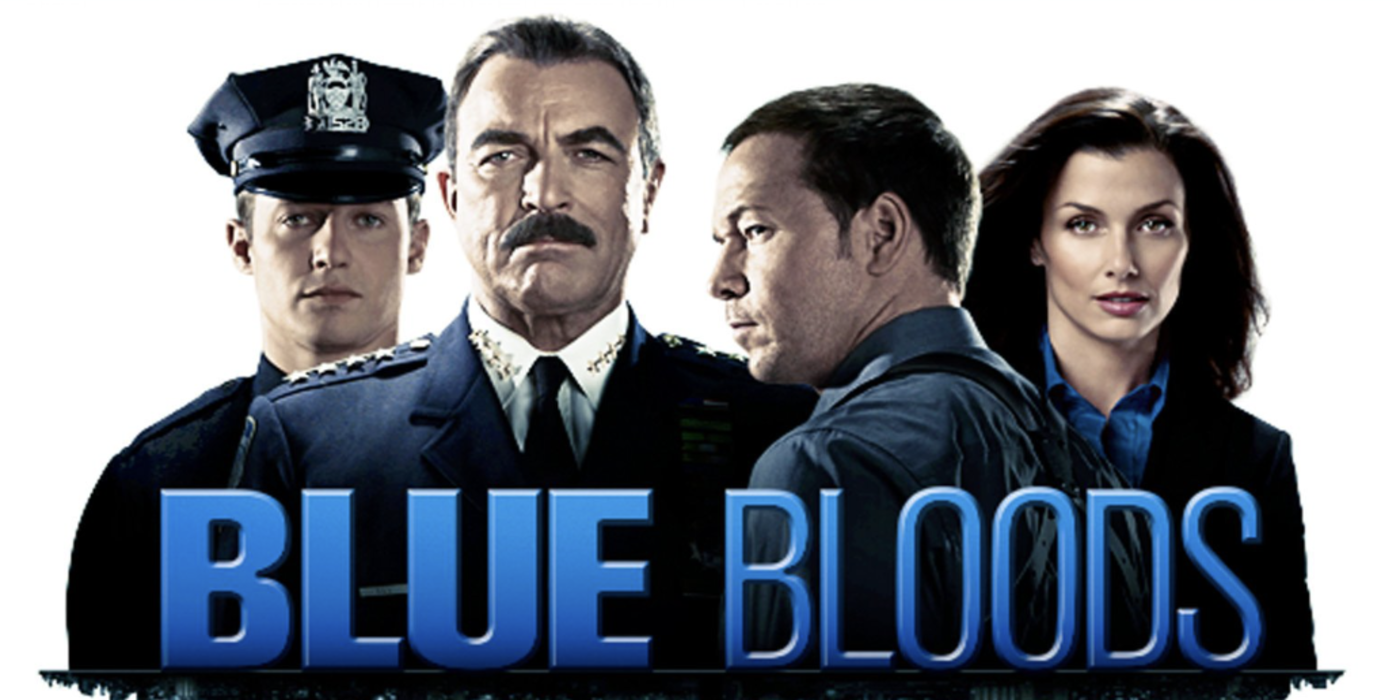
April 8, 2025 – New York, NY

After 14 seasons, over 275 episodes, and countless Sunday dinners, Blue Bloods is preparing to close its final chapter. For over a decade, this CBS drama has taken viewers inside New York’s law enforcement world — but more importantly, into the heart of the Reagan family, where duty, loyalty, and moral clarity have stood at the forefront.
Although widely known as a procedural drama, Blue Bloods was never just about solving cases. Beneath the uniforms and courtroom scenes, the show told a deeper story — one about family bonds, the burden and honor of public service, and the human struggle to make the right decisions in a complicated world. And now, as the series nears its end, what stands out most aren’t the high-stakes arrests or dramatic plot twists, but the lessons it quietly taught along the way.
At the center of it all is Police Commissioner Frank Reagan, portrayed with calm gravitas by Tom Selleck. Through Frank, viewers were shown a style of leadership rooted in principle over politics, and responsibility over recognition. Week after week, Frank faced intense pressure — from the media, from city officials, and sometimes from within his own department — yet his decisions were always guided by a commitment to integrity. He became a symbol of what it means to lead with both strength and grace: not infallible, but always intentional.
His children — Detective Danny Reagan, Assistant District Attorney Erin Reagan, and Officer Jamie Reagan — carried that same spirit into their respective roles. Each faced different challenges, yet the values that guided them were unmistakably the same. Whether chasing a suspect through the streets, making a tough call in the courtroom, or navigating ethical dilemmas on the beat, the Reagan family demonstrated that moral clarity isn’t always easy — but it’s always necessary. The show consistently reminded audiences that doing the right thing doesn’t mean doing the easy thing, and that conscience often comes with a cost.
But perhaps the most iconic element of Blue Bloods — and its most enduring image — was the Reagan family’s Sunday dinner. These weekly scenes became the emotional anchor of the show. No matter how chaotic their professional lives became, the family always returned to the table. It was there, amid mashed potatoes and disagreements, that some of the show’s most powerful moments took place. The dinner table wasn’t just a family tradition; it was a sacred space where love and conflict coexisted. Around it, the Reagans didn’t always agree — on politics, justice, or policy — but they always listened. They debated fiercely but respectfully, proving that even in disagreement, there can be deep respect and enduring love.
In a time when civil discourse often feels lost, Blue Bloods offered something rare: a vision of how differing views can coexist under the same roof. The show modeled how to navigate tension without tearing relationships apart — a message that resonated far beyond the confines of a fictional police drama.
Beyond the values of family and respect, the series also celebrated the quiet nobility of service. It portrayed law enforcement not just as a career, but as a calling — one that demanded sacrifice, strength, and unwavering dedication. Every character, from patrol officers to district attorneys, approached their roles with a sense of duty that transcended personal gain. The show didn’t glamorize the badge, nor did it shy away from addressing the gray areas of policing. Instead, it grounded its stories in human complexity — showing the heartbreak, the pressure, the internal conflict, and the hope that define those who choose to serve.
As Blue Bloods reaches its final episode, it leaves behind more than a successful TV run. It leaves a legacy — one built not only on compelling stories and strong performances, but on the timeless values it championed. In a fast-moving media landscape filled with spectacle and cynicism, Blue Bloods remained steady. It stayed true to its characters, its message, and its heart.
It reminded us, week after week, that no matter how challenging the world becomes, there is power in principle. There is beauty in tradition. And there is meaning in service — especially when it’s done with integrity.
In the end, Blue Bloods wasn’t just a story about crime and justice. It was a reflection of the things that hold us together when the world tries to pull us apart: family, duty, and the courage to do what’s right — even when no one is watching.
The series finale of Blue Bloods is set to air later this spring on CBS.
